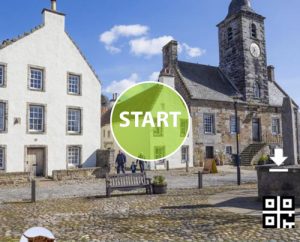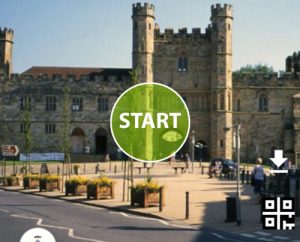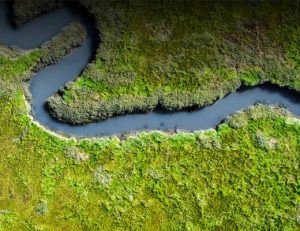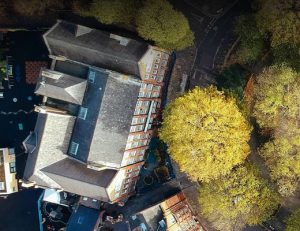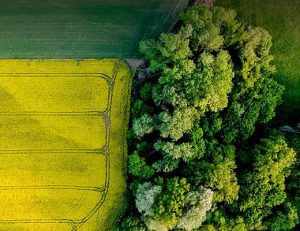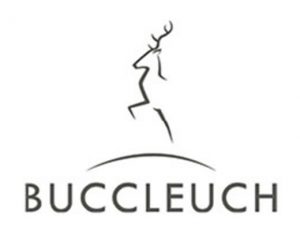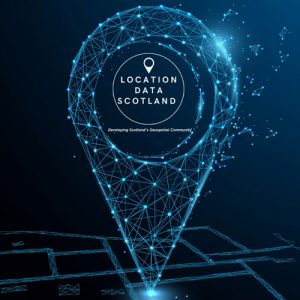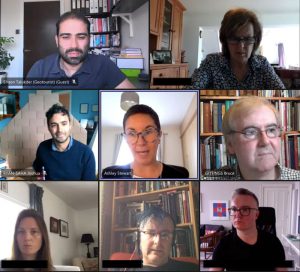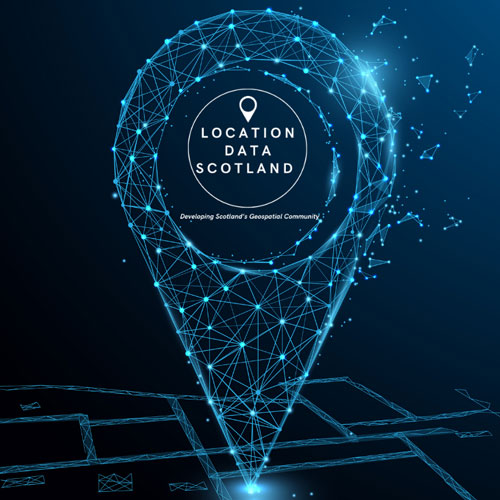
Shining the Light on Location Data in PropTech
The UK’s Geospatial Strategy 2020 – 2025 highlighted huge potential for location data in the construction industry to improve planning, build and management within national infrastructure, from informing where our future broadband and 5G networks need to go, to planning new housing developments. Analysis from 2018 suggests that more accessible and better quality location data in infrastructure and construction could be worth over £4 billion per year¹.
Geospatial technologies are a critical component of smart city operations, with precise mapping data being used before, during and after a construction project. Geospatial construction, or ‘geoconstruction’ uses data from a wide range of focal points such as location, population, and environment, to influence the design and construction of a building to save, time, money and reduce waste.
In fact, the construction and property industry in the UK is already testing new ideas as to how to best use these different types of data. For example, The London Borough of Waltham Forest has been exploring how location data could be used to help planners make better informed decisions. Having been awarded a grant, Waltham Forest has been looking into the potential for satellite imagery to help identify various stages of building construction, to help monitor the progress of housing developments. The borough is also testing the effects of earlier allocation of Unique Property Reference Numbers (UPRNs) to a development site, to help build and maintain a complete timeline of development.
LDS is co-delivering an event on 23rd June from 10:00 – 11:30 in partnership with Scottish Development International (SDI), European Space Agency (ESA), Enterprise Europe Network (EEN), CENSIS and Construction Scotland Innovation Centre (CSIC) that will shine a light on technological solutions and funding support designed for the property market that currently rely on Location Data to enhance the built environment. Register here.
Key industry experts will share their personal and organisational journeys, demonstrating their contribution to Scotland’s wider digital transformation, while highlighting technologies with the potential to disrupt standard practice.
Simeon Oxizidis, IES – at the forefront of the development and application of powerful software simulation tools and consulting services for architects, engineers and others involved in the design, development and management of truly sustainable buildings.
Gordon Mitchell, Key FM – one the longest established facilities management businesses in the UK.
Falk Bleyl, Utopi – a leading data integration and IoT platform for Real Estate – creating smart assets that are sustainable, efficient, and safe; they are creating the future of smart, sustainable buildings.
Simon Tricker, Urban Tide – Smart City Data Experts born from creating the UK’s first Future City and we are making a sustainable world with AI. They were formed in 2014 from the team that bid, planned & delivered Innovate UK’s £24M future cities demonstrator for Glasgow (futurecity.glasgow.gov.uk).
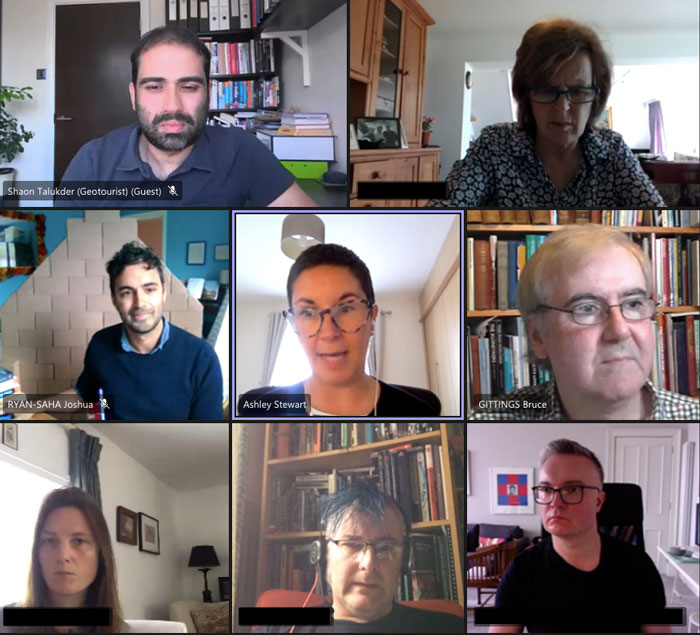
Location data, the power behind tourism technology
At the recent Location Data Scotland event in partnership with TravelTech for Scotland we explored the opportunities that location data opens up for the travel and tourism sector in Scotland.
Whether it is for transport, accommodation and food, visitor attractions, scenic locations or retail therapy, we all require location data to be able to source and visit these locations. Joshua Ryan-Saha at Traveltech for Scotland shared some excellent examples of traveltech and tourism businesses, many accessible in the Traveltech for Scotland Directory using location data to drive their businesses:
Whereverly allows visitors to enjoy local culture, songs and stories using their location
What3words is a much more accurate location data source than Google Maps
Electrek maps every electric vehicle point across Scotland
Flockeo provides a sustainable tourism approach for travellers
Walks and Waterfalls is a start-up business providing the ability to locate over 300 walks, waterfalls and wild swimming places in Scotland
Route making and navigation rely exclusively on location data for walking or bus tours or cycling trips. But to enable it there are some key things we, as a nation, require:
- Ubiquitous 4G data
- Location based services
- Connected services
Scotland is steeped in tourism resources and locations, however as a visitor or resident is it difficult to link them all together. The key element that links them is geography and location.
Bruce Gittings from the University of Edinburgh showed us the Gazetteer for Scotland – an interactive resource that provides a fantastic alternative to a guidebook, with 27,000 entries, 10,000 photographs and 5 million words of text. A dynamic map personalised for individuals it provides a goldmine of information for visitors to identify linked activities within a defined geographical location. It even offers the ability to trace historical connections to ancestors.
Real time location data tracking also plays an important role in travel tech. Huli is an app that creates cycling routes based on your location. Steve Owens from Huli described how real time geographical information is the underlying element of the Huli app which provides cyclists with the ability to create the best cycling route based on their preferences. When asked what the future holds for location data, Steve commented:
“I think the fusion of time with location data will present massive opportunities for travel tech and tourism businesses. This will allow the sector to present just-in-time information that is relevant to the user based on where they are and when they are there.”
Every town and location has a story to tell but as a storyteller how do you tell your stories for destinations and visitors? Shaon Talukder from Geotourist showed their very clever app that provides a personal tour guide for the world’s attractions and landmarks. Based on location, it provides auto-play guided audio tours in multiple languages on your phone. When asked what the future holds for location data, Shaon said:
“Some of the biggest opportunities in location data for travel tech and tourism businesses are from understanding what motivates people to go to places. Our focus at Geotourist, is to understand what stories, in the form of free shareable digital audio tours on our global user-generated content platform, inspire people to travel. At the same time, we are leveraging storytelling together with location guidance, to address big tourism challenges like overtourism where visitors are made aware of nearby alternatives to overcrowded spots.”
Tourism and traveltech businesses need location data to feed their platforms and apps, but the biggest challenge facing this rapidly growing sector is how they work together to find open data sources and share their own data with other like-minded businesses. Initiatives like Location Data Scotland can help. Ashley Stewart from Optimat said:
“This was a great event that highlighted how important location data is for the travel tech sector. There are some amazing businesses already providing some fantastic solutions to destination and tourism challenges and with the help of Location Data Scotland, we hope to open up even more opportunities.”

